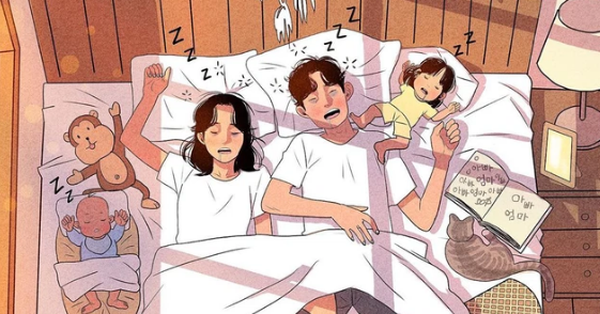Feel free to “coffee” kings
If you are familiar with the treasure of Vietnamese folk tales, you are no stranger to the characters who specialize in making jokes to attack the kings and mandarins. However, stories about these characters are mostly fictional anecdotes, not authentic.
In contrast, in history Europe has an “official job” where one of the main roles is to make jokes by “coffeeing” kings. This job is nothing but a royal clown. The court clown, or clown, is a real job in history.
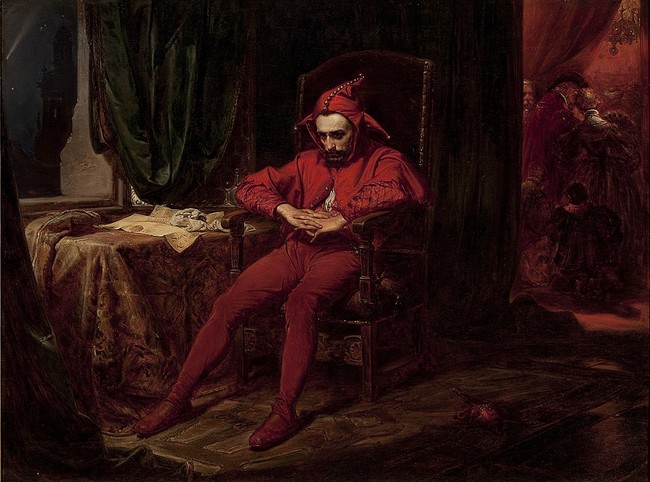
However, a clown’s job is not simply to entertain the royal family. They also engaged in many other duties such as mentoring, housework, or even going to war with their masters. They are also the unlucky ones assigned to bring bad news to the kings.
Mostly highly educated, these clowns are also multi-talented as they can both make jokes with jokes, to juggle dangerous objects or perform art in ridiculous ways. Because of their close proximity to the royal family, they also held important political positions and often gave advice on all aspects of kingdom life.
Feel free to make jokes and anger kings
An important part of a clown’s career is thinking of ways to bring laughter in the palace. This can come from ridiculous performances, or jokes that make others “angry”.
In 12th century England, during the reign of King Henry II, a clown named Roland le Farterer was famous for a monstrous “gift”: Making music with farts. On Christmas Eve each year, Roland would end his performance with “one jump, one whistle, and one fart” all at once.
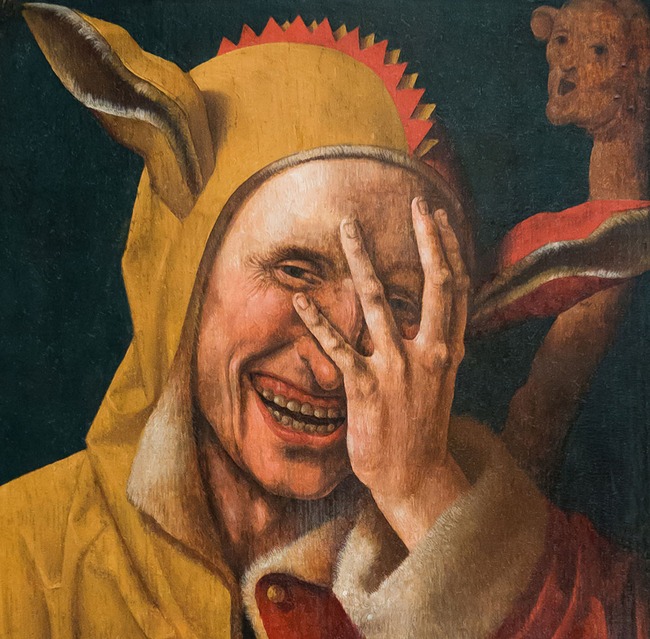
This “talent” itself or those who find it funny is also odd, but don’t take it lightly. Thanks to that talent, Roland was awarded a mansion in Suffolk with 30 acres (about 12 hectares of land).
Another privilege of clowns is that they can freely play pranks, mocking kings and queens openly without fear of one place and another like the rest of the subjects.
Sin when the army is not in the dictionary of clowns; on the contrary, they are encouraged. Of course, the “victims” were not limited to the owner, but sometimes other nobles if they felt like it.
What makes them always forgiven is that these jokes are not often malicious, but often are for the owner to realize their shortcomings or bring harmless laughter on the table.
A classic story is about King James VI who ruled Scotland in the mid-16th century and the clown George Buchanan. King James VI was an extremely lazy person, to the point of always signing documents sent by officials before even reading them. This became a serious problem in the kingdom.
To “deal with”, George went to James VI and tricked him into signing the document of abdication to give him the throne for 15 days. Since then, James VI never dared to miss a single line of documents sent to the signer again. If it were any other courtiers who dared to do this outrageous act, they would have “walked cold feet”.
Noble privilege
Thanks to being close to noble figures, the royal clowns enjoy many benefits that ordinary people can only dream of. First of all, a stable and decent place to stay in castles or mansions. In particular, there are cases like Roland above who are also awarded houses and private lands.
Another case is Archibald Armstrong, a royal clown in the 17th century. He was granted 1,000 acres (4km2) in Ireland, before being “sent back to the garden” after many outrageous pranks.
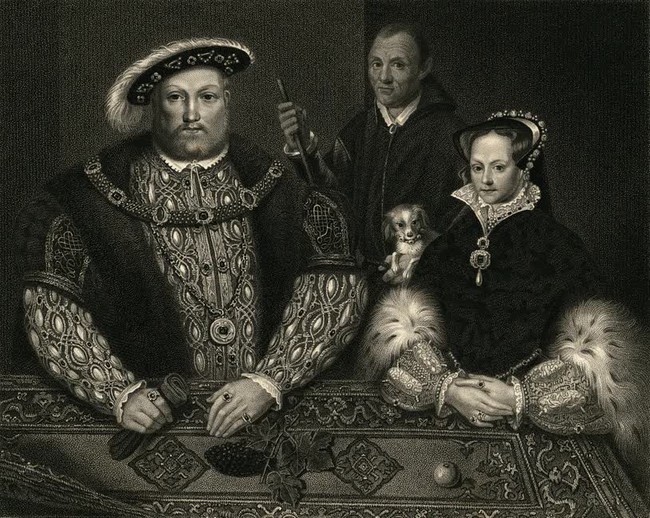
Engraving of King Henry VIII, Queen Mary I and the clown William Sommers.
In addition, the court clowns were also highly respected by the upper class rather than being seen as an ordinary servant. Contrary to imagination, they also don’t wear the classic clown costumes 24/7, but on the contrary, are dressed like a noble.
With a special role, they also have more rights than ordinary people, even mandarins and lords, which is freedom of speech. They were allowed to voice their own opinions on matters, gain the trust of their masters by giving honest comments on decisions and actions in the kingdom, and from there giving advice.
Another special feature is that the process of “recruiting” for this job is not divided into cowards and backgrounds. They can be an excommunicated monk or servants or slaves. Clowns often have an ugly appearance in addition to a wise and sharp mind.
Although intelligence is a common trait, many palaces still favor clowns with physical or mental disabilities. They are called “naive clowns” and are only given food and shelter without any privileges.
The Most Dangerous Job of the Middle Ages
Not only serving within the 4 palace walls, sometimes the royal clowns also joined the battle with their master due to their close relationship. Occasionally, they have advisors for their superiors.
They even directly participated in the psychological front with the role of raising the morale of our troops and lowering the morale of the enemy. When arrayed, these special “soldiers” will stand in front of the army, hurl insults and provoking generals to the enemy. This not only increased the morale of the soldiers, but also caused the hastily on the opposite side to break the formation and commit suicide.
On the eve of the battle, they will also make jokes and perform entertainment such as singing, telling stories, or juggling to help soldiers relax, stepping out into the battlefield in full spirit.
However, they not only faced the arrows and bullets, but also had to accept two extremely heavy responsibilities: the messenger and the messenger.
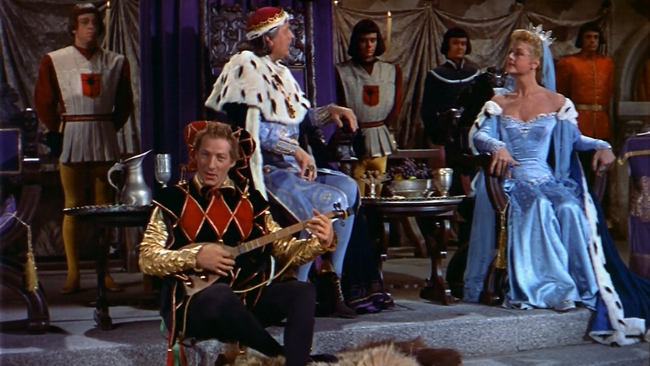
Court clowns are often very multi-talented.
As a messenger, of course, the task would be to deliver the owner’s correspondence and claims to the opposing side. In the event that the message becomes too hard to hear, the ill-fated messenger will receive enough wrath from the enemy. The common way of executing messengers was to use a catapult to “return” to their place of origin, sometimes a whole person and in some cases only the head.
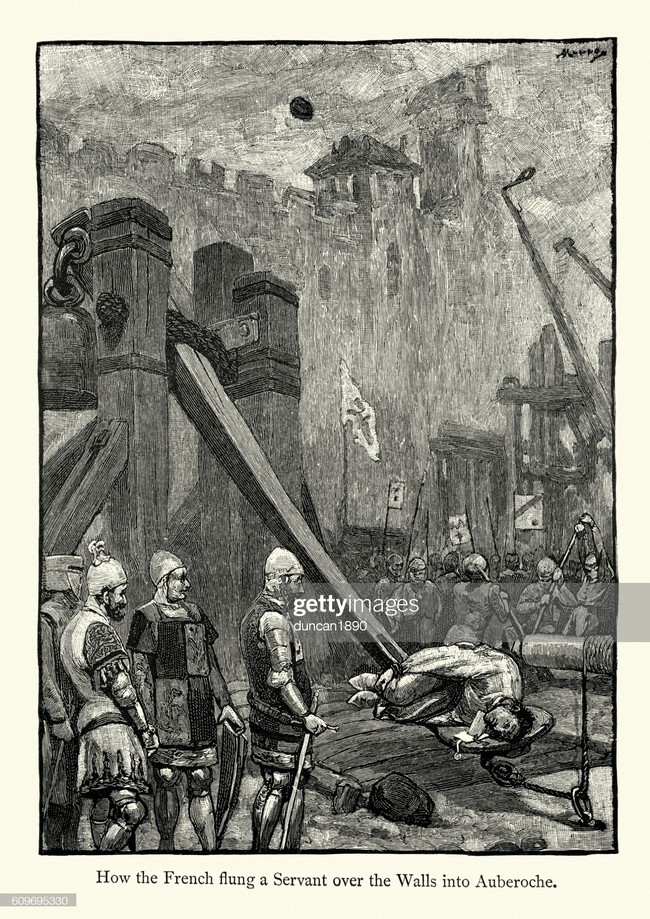
The ill-fated medieval messengers could be “trained to fly” by catapults.
The second task is equally important, although a little less dangerous. The feudal lords were known to be short-tempered and had a habit of taking out their anger on messengers when they had to receive bad news from the battlefield. In that situation, the other courtiers would entrust this burden to the clown.
In order to preserve their lives and relieve their owners’ stress, they will have to try to “squeeze” a joke from that unpleasant news.
History tells us, in 1340, the entire French naval fleet was destroyed by the British at the Battle of Sluys. No one dared to tell this news to King Philippe VI except his clown. Going to the owner, this person said: “The British sailors did not even have the guts to jump into the water like our brave French soldiers!”.
Source: Compilation
at Blogtuan.info – Source: Afamily.vn – Read the original article here



